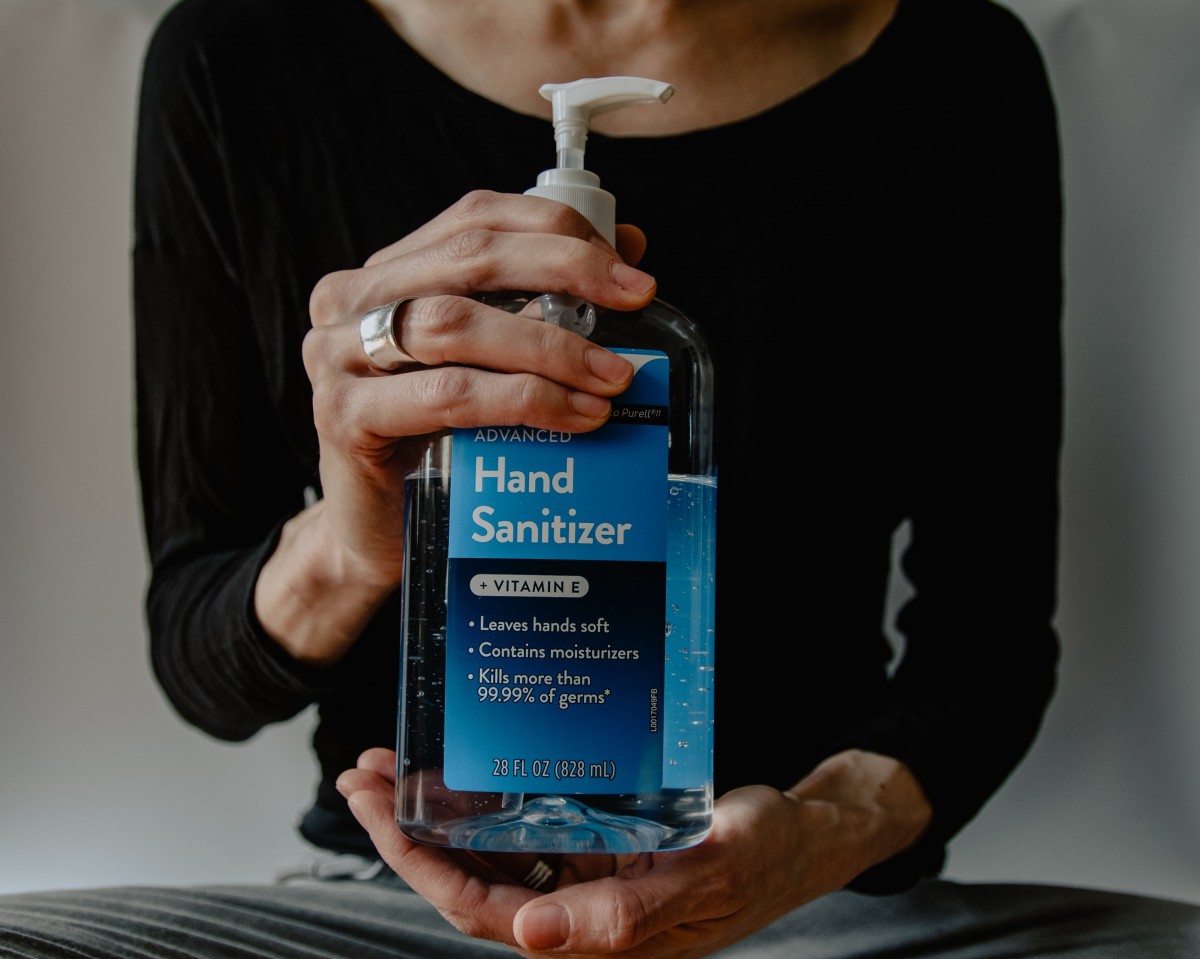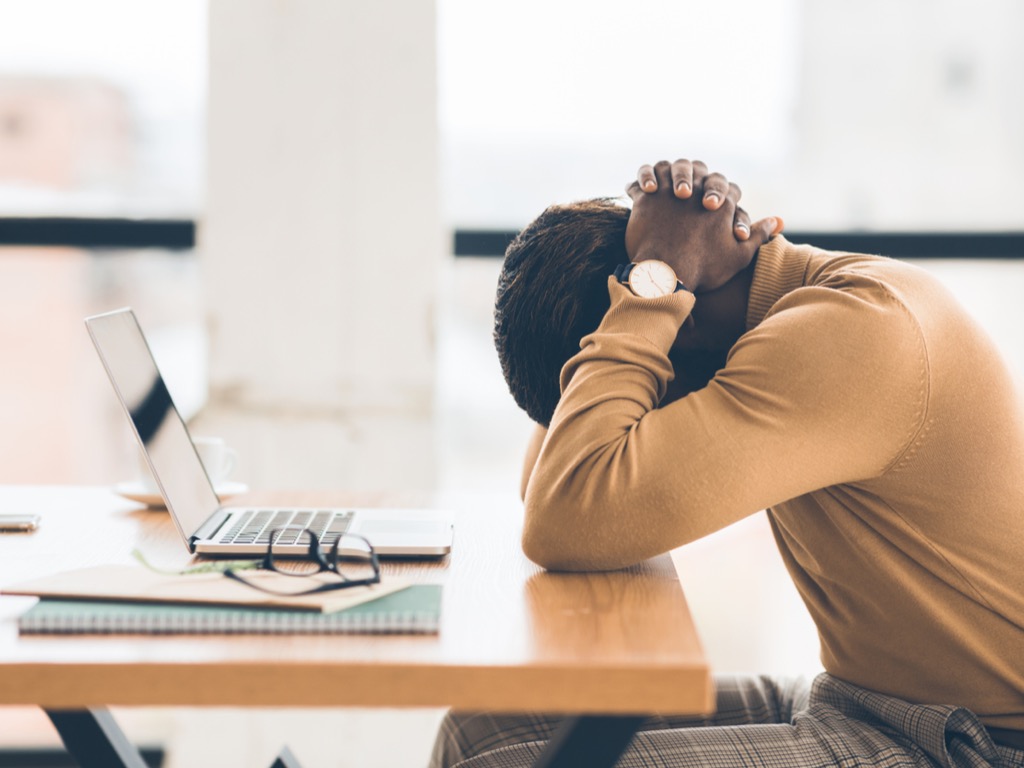How to Understand Different Points of View in a Crisis

Given the constantly changing news, it can be hard to know where you stand on basic, important questions, such as: Should I allow my child to have a playdate? Should I go outside? Should my partner go to the grocery store?
While clear guidelines to some of these questions are now beginning to be issued by the US federal government, in the past few days, many of us have made decisions based on a variety of sources: what we’ve read in the news, on social media, in emails from our children’s schools, and what we’ve heard from family and friends.
With so much information coming at us, it may be hard to know exactly the right thing to do in every situation. And it is that much harder to try to understand what our neighbors, colleagues, friends, and family think and feel, and why they’re making the choices they’re making. Each one of us may respond to the same piece of news or advice in different ways. Among other things, our responses may depend on factors like where we live, but our responses also are driven by the messages we received when we were growing up about risk, emergencies, germs, and illness.
Our different responses to the same situation can lead us to question one another’s judgment. “Why is he so uptight?” you might ask yourself. Or “How could she be so cavalier? We’re in a life-threatening emergency and she’s cracking jokes?”
Taking the time to think about the influences in our lives can help us understand why we might respond in the ways that we do, and why others may respond differently from us.
Ask Others About Their Background, And Share Your Own
It can be equally as helpful to ask others about their backgrounds as to share your own. Ask someone else how they grew up, specifically with regard to risk-taking and physical health. What messages did they get from their families, teachers, and friends growing up? How might those messages influence their responses in the current crisis?
Consider letting others know where you come from to help them understand why you’re orienting to this crisis the way you are. They may still not necessarily agree with your choices (for example, you may still put the kibosh on playdates while your neighbor may think they’re okay), but at least talking about where you come from will put your choices into context, and help prevent them from taking your choices personally.
This can increase our compassion for one another at a time when it could be all too easy to allow social distancing to bleed into emotional distancing.
For example, in my book Optimal Outcomes, I wrote about my grandma Florence, whom I affectionately called the first “conflict whisperer” of my family. When the rest of my family members (including myself) were fighting and yelling at each other, Grandma Florence would calm everyone down just with the soothing sound of her voice. Her influence was magical.
Well, there’s one other thing to know about Grandma Florence: she was also the family germophobe. As a kid, I was always struck by how she refused to share bites of food from the same plate or drink from the same glass like the rest of us did. I can still remember watching her cut up tiny pieces of fruit and dole them out to different plates for my brother and me. I recall thinking how odd it was that we couldn’t just pick and choose the fruit out of one large bowl like most people I knew did.
As I grew up though, I learned to appreciate Grandma Florence’s habits. In fact, when I took them on, they became quite handy; they routinely prevented me from getting the latest stomach bug going around my college dorm, for example.
What models did you have growing up about how to act in the face of potential illness, or in a crisis? Did you have a heroic parent who told you to be brave or strong and not let things get you down? How did your family, friends, teachers or other authority figures in your life respond? What did you learn from them?
As you manage your social distancing efforts, try asking your family, neighbors, or colleagues about the messages they got when they were growing up regarding risk, health, emergencies, and germs.
Challenge yourself to listen to people’s stories, as a way of understanding them better.
You don’t need to agree with them. You can still make the choices that are best for you or that you’ve heard are best for the public good. You can even try to influence other people’s thinking and behavior. But none of that will be diminished if you also have compassion for where they’re coming from. It will only make your connections stronger.
Subscribe to the newsletter and learn to achieve optimal outcomes.
When you sign up, you'll also receive a complimentary Optimal Outcomes Workbook.
"*" indicates required fields


